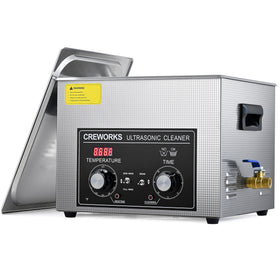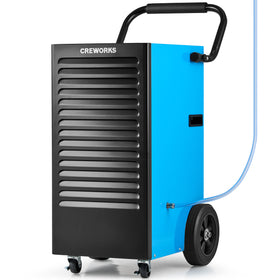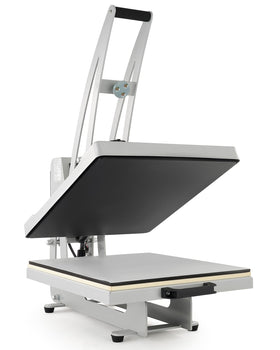With over 10000+ orders
With over 10000+ orders
The good thing about any dehumidifier, be it a regular household model or a commercial dehumidifier, is that it is not picky when it comes to the water you put in it: since it does not produce mist like a humidifier, even tap water will do.
However, for optimal ease of use, stress-free maintenance, and the overall longevity of the device, you need to know what the best water to use in a dehumidifier is.
When you need to fill a reservoir (for pump-assisted or continuous-drain models), maintenance rinse, or top off a built-in bucket system, the type of water you use can affect performance and longevity.

Distilled water is generally considered to be the best water for a dehumidifier. This is because the process of distillation, through which distilled water goes, removes virtually all minerals, impurities, and contaminants.
For your dehumidifier, distilled water has the following advantages over other types of water, like filtered water and tap water:
All in all, distilled water helps your dehumidifier run smoothly, last longer, and stay cleaner with minimal effort on your part.
Most people default to tap water when it comes to choosing what water to put in a dehumidifier, and that’s perfectly acceptable. Tap water works too.
However, tap water is not the best water for a dehumidifier because, very often, it still contains minerals like calcium and magnesium, especially if your tap water is “hard. These minerals are a problem for a dehumidifier because they just disappear.
Over time, these minerals within the tap water can harm a dehumidifier by:
This is where distilled water takes the spotlight. Compared to tap water, distilled water is a better and safer choice if you want to protect your unit, keep cleaning to a minimum, and keep it running for longer.

The most common types of water for dehumidifiers are tap water, distilled water, and filtered water. However, some people also consider other types of water, like rainwater, bottled mineral water, and previously collected dehumidifier water.
Here’s how these common types of water people consider ranked from best to worst (to be avoided)
| Water Type | Is It Safe to Use? | Notes |
| Distilled Water | Best Choice | Pure, mineral-free, and prevents damage and buildup. |
| Filtered Water | Second choice. Better than tap water | Fewer impurities, but still may contain some minerals. |
| Tap Water | Acceptable | Widely used, but still contains minerals that can cause buildup over time. |
| Rainwater | Not Recommended | It can carry dirt, bacteria, or pollutants that will contaminate your dehumidifier. |
| Bottled Mineral Water | Not Recommended | Has high mineral content, which increases scale buildup. |
| Previously Collected Dehumidifier Water (condensate) | Forbidden. Never reuse | Contains dust, microbes, and contaminants, all of which are unsafe for re-circulation in a dehumidifier. |
There are three main types of water you should always avoid using in a dehumidifier, as they still contain minerals, dirt, dust, and other materials that are unsafe for a dehumidifier:
Though many people agree that distilled water is the best water for a dehumidifier, tap water still remains the most common type of water for a dehumidifier. Why? Because distilled water is expensive. A 5L bottle of distilled water costs about $10, and if you find yourself in constant need of distilled water for a dehumidifier, that is a lot of money.
So, what can you do? One smart option is to consider purchasing a water distiller. A 4L water distiller costs about $90, but will serve you for a very long time, considerably lowering costs in the long run.

Not necessarily. Tap water is fine in most cases, but distilled water helps protect your unit and minimize maintenance.
Over time, minerals may form limescale inside the unit, which can reduce efficiency and shorten the lifespan.
Yes, but keep in mind that some softened water still contains minerals—cleaning may still be necessary.
Not recommended. It may contain pollutants, dirt, or bacteria that can contaminate the tank.
No. This water contains dust, microbes, and airborne contaminants and should not be put back into the system.

A dehumidifier is an investment in your comfort and air quality-so giving it clean, mineral-free water (like distilled water) helps it work more efficiently and last longer.
Whether you’re filling a built-in reservoir, rinsing components, or topping off a pump system, choosing the right water can make maintenance easier and your dehumidifier experience smoother.
You may also be interested in this guide on how to choose the right dehumidifier for a crawl space.












Leave a comment